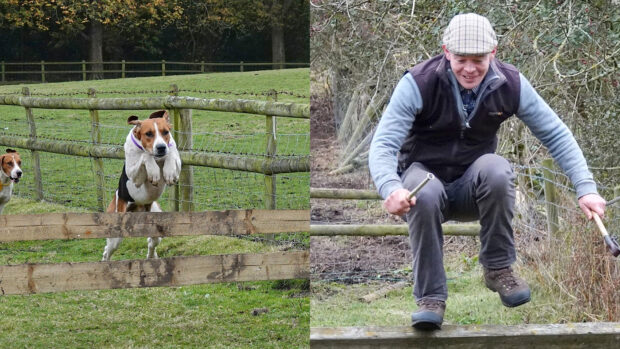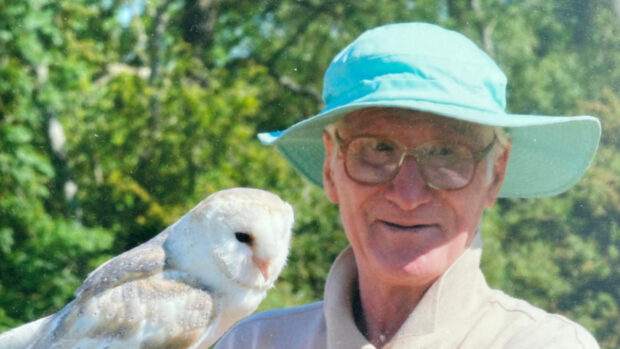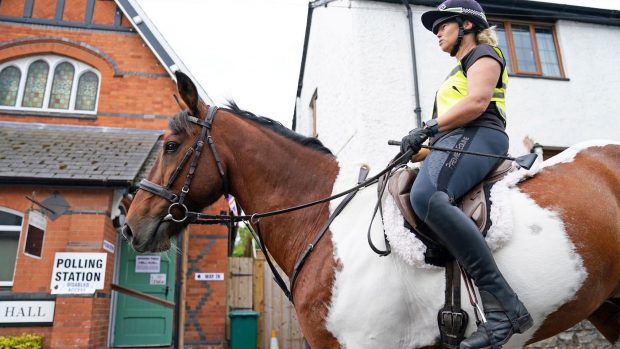As animal health inspectors get tough on enforcement of new EU animal by-products regulations, fears about dwindling options for disposal of horse and livestock carcasses are starting to become reality in some areas.
The South Pembrokeshire hunt is one of the first casualties of the regulations and has been forced to suspend its fallen stock disposal service. State Veterinary Service (SVS) staff spent three weeks monitoring its kennels before giving it two options: stop collecting and disposing of fallen stock or risk prosecution.
The hunt must spend £65,000 developing new collection and incineration facilities or must cease serving farmers and horse owners.
Last year, 143 kennels in England and Wales processed nearly 500,000 carcasses, of which 17,000 were horses. Many hunts invested in upgraded premises and vehicles in readiness for the new voluntary National Fallen Stock Scheme to be launched in October.
Hunts can sign up to the national scheme or continue with existing arrangements with farmers, usually disposing of casualty stock in return for an annual donation. Whichever option they choose, their facilities have to meet certain standards and must be licensed by DEFRA.
In practical terms, the standards mean meeting higher levels of bio-security. For many kennels this has meant rendering internal walls of flesh houses or fitting sieves on drains.
Alistair Jackson, director of the Masters of Fox Hounds Association, says: “Most hunts are trying to continue their disposal service. But DEFRA keeps moving the goalposts.
“The scheme was meant to start months ago, and the initial idea was that it would be run by the umbrella body of the knacker industry, but now it’s in the hands of a new firm. Also, the detailed requirements for joining the scheme keep changing.”
Another problem is the number of government agencies involved in enforcing the scheme – DEFRA, the SVS and trading standards departments. And the devolved administrations in Scotland and Wales take responsibility for part of DEFRA’s task. Also, written guidance for hunts has yet to be published.
“It’s down to people on the ground how the rules are interpreted, which is creating inconsistencies across the UK,’’ says Countryside Alliance spokesman Darren Hughes.
“But since the structure of the National Fallen Stock Company has changed to include farming organisations, the situation has improved. We have Michael Seals [also a show jumping enthusiast], an NFU man, chairing the company and he’s doing a great job.”
|
||
 |
||


 Get up to 19 issues FREE
Get up to 19 issues FREE TO SUBSCRIBE
TO SUBSCRIBE 


